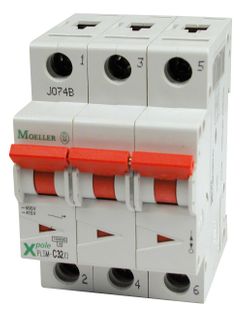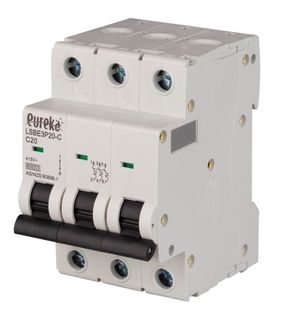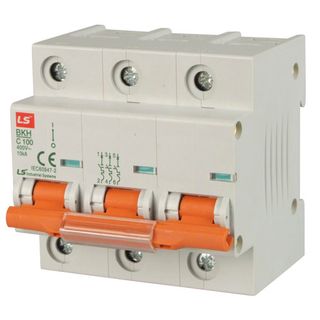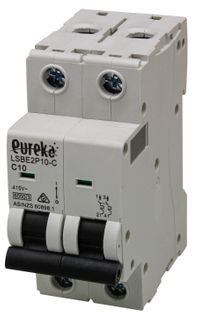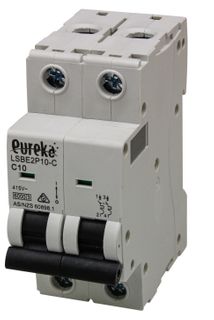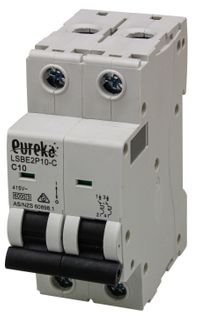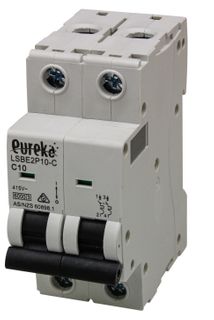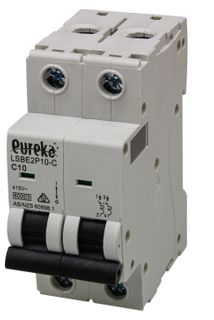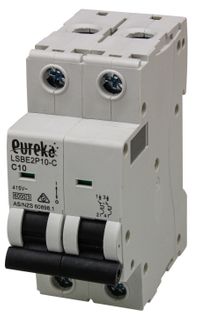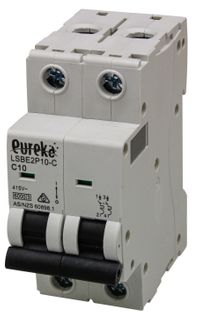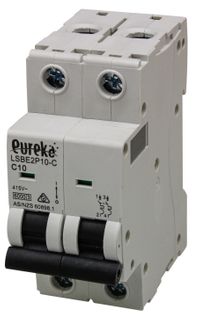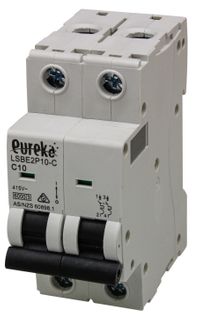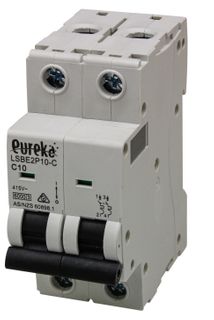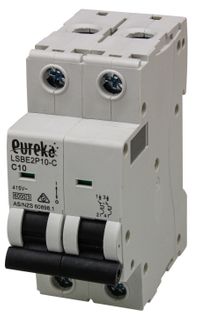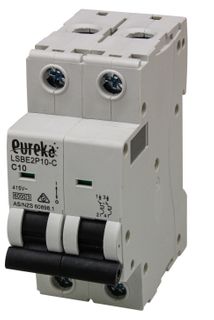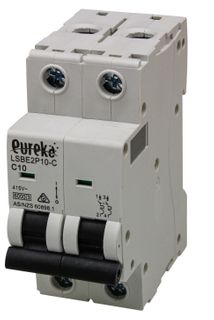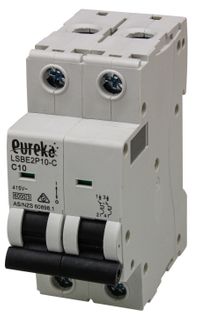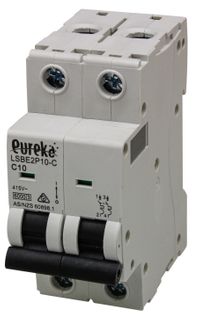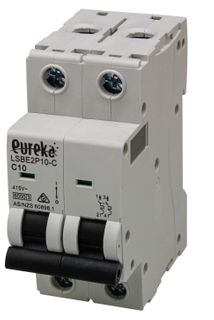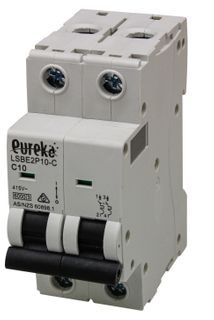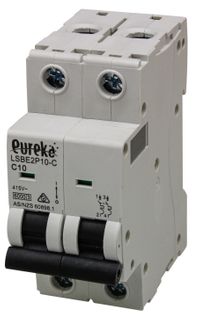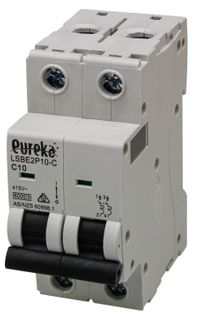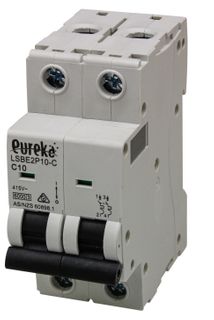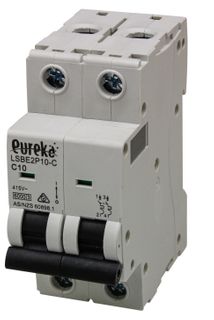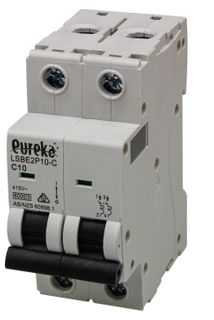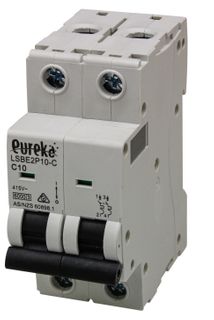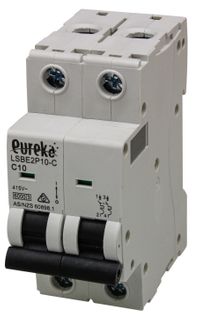Miniature Circuit Breakers
Miniature Circuit Breakers (MCBs) are crucial electrical components designed to protect circuits from overloads and short circuits, ensuring the safety and reliability of electrical systems. These compact, efficient devices automatically disconnect the circuit when the current exceeds safe limits, preventing damage to wiring and connected devices. Once tripped, MCBs can be easily reset to restore operation, offering long-term protection for various installations.
Function of Miniature Circuit Breakers (MCBs)
MCBs automatically interrupt the power supply when an overload or short circuit is detected. The internal mechanism, either a bimetallic strip or an electromagnetic coil, trips the breaker when current exceeds safe limits. Once the issue is resolved, the MCB can be reset.
Available in a range of configurations, MCBs cover different amperages (1A to 125A) and voltage ratings (110-415VAC, 240VAC), making them suitable for residential, commercial, and industrial applications. They also come in multiple pole options (1 pole, 2 pole, 3 pole, and 4 pole) for both 1 phase and 3 phase systems. Trusted brands like Eaton and Eureka offer high-quality MCBs with quick-response times, ensuring fast protection from electrical hazards.
Miniature Circuit Breaker Types and Their Applications
MCBs are commonly used in residential circuits (Type B), industrial settings with moderate inrush currents (Type C), and high inrush circuits like motors (Type D). In industrial environments, MCBs safeguard electrical systems, including motors, machinery, and panels, reducing downtime and minimizing potential damage from overloads or short circuits.
MCBs in Industrial Settings
MCBs are crucial in industrial environments, protecting electrical systems such as motors, machinery, and panels from overloads and short circuits. They minimize the risk of damage, reducing downtime and improving safety in critical applications.

